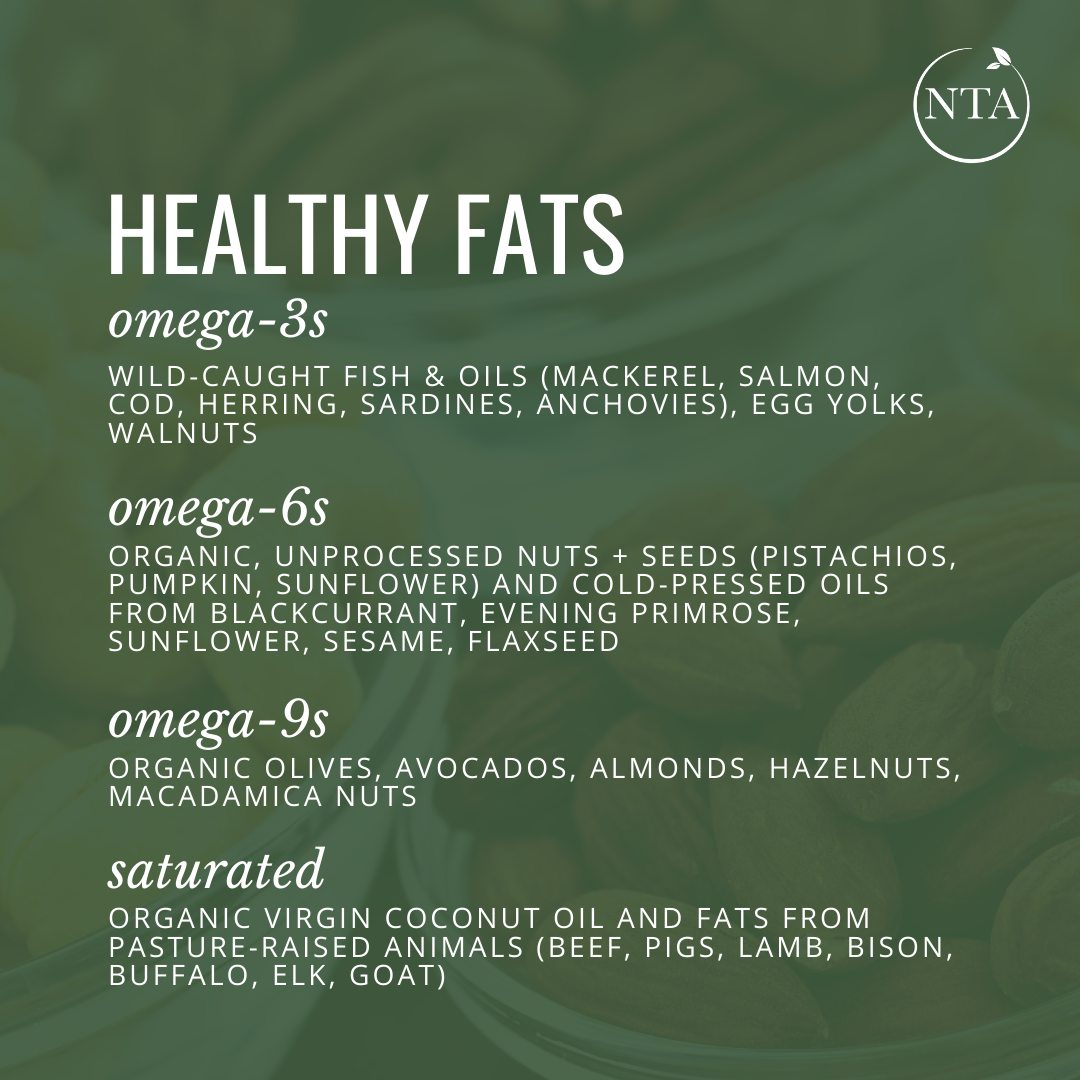
Macronutrients: What Are They and Why Do We Need Them?
Blog
Macronutrients: What Are They and Why Do We Need Them?

When talking about healthy diets and food choices, the word macros is always thrown around. Eating a meal with all three macros present is super important for health and daily function, but what exactly are macros?
Macros, short for macronutrients, are three categories of nutrients that are essential for the body to function properly. They are: carbohydrates, fats, and proteins.
Carbohydrates:
- Great source of fuel for the brain
- Provides energy to muscles while regulating blood sugar
- Stores energy within cells for later use
- Great source of fiber
- Helps fight infection

Fats:
- Great source of energy for the body and for the muscle around the heart
- Helps build cell membranes and produce hormones
- Required to absorb vitamins A, D, E, and K
- Provides a protective lining around organs

Proteins:
- The building blocks of enzymes, tissues, organs, nerves, and muscles
- Have an antibody structure that fights infection
- Transports oxygen around the body in the form of red blood cells
- Helps regulate metabolism

Each individual’s ideal protein, carbohydrate, and fat intake will vary based on age, activity level, digestive health, health goals, etc., yet a good starting point for most people is to have their daily calorie intake coming from 40% carbohydrates, 30% fats, and 30% protein.
Be sure to get a variety of macronutrient in at every meal so you can stay full, energized, and show the day who’s boss.
This article was written by NTA graduate,
Candice Berman, FNTP.
Candice is a certified Functional Nutritional Therapy Practitioner who understands what it feels like to be sick, frustrated, and losing hope. Her personal health journey of battling Lyme disease, gut dysfunction, hormone imbalance, and autoimmunity has ignited her passion for supporting people who are looking to thrive again. She believes that dysfunction doesn’t define people, but are just part of their story. She is grateful that because of her own holistic healing, she is now able to empower others to rediscover their health and their joy.
You can find Candice through her website, www.bewellwithcandice.com and Instagram.
The views and opinions expressed in this post are those of the author and do not necessarily reflect the views and opinions of the NTA. They are intended for general information purposes, and are not to be considered a substitute for medical advice, diagnosis, or treatment. Want your recipe or article to be featured on our blog? Email our team Marketing@nutritionaltherapy.com with your full name, article, a short bio in third person, and a headshot. We may feature you in an upcoming blog post.
Resources:
- Nutritional Therapy (2019). NTP Module 4: Digestion and Elimination. Nutritional Therapy Association. pg. 1-31.
- Frøkjaer, J B, et al. “Modulation of Vagal Tone Enhances Gastroduodenal Motility and Reduces Somatic Pain Sensitivity.” Neurogastroenterology and Motility : the Official Journal of the European Gastrointestinal Motility Society, U.S. National Library of Medicine, Apr. 2016, www.ncbi.nlm.nih.gov/pubmed/26728182.

Join us for a Live Webinar with one of our Instructors and Admissions Advisors!
During this call, you’ll explore and learn:
- How to create a rewarding career in holistic nutrition that will give you the confidence and competence to replace your full-time income (whether you’re new to nutrition or or using it to enhance your current services)
- How our unmatched education and instructor support sets our NTP program apart from other nutrition programs
- How graduates are successfully using their education and the many career opportunities available to you
- If the NTP program is the right fit for you and how to move forward in financing your education


